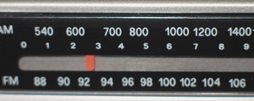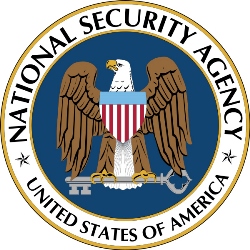Ninth Circuit Rejects Google Wi-Fi Argument
 Time, and the Ninth Circuit, wait for no man. You may recall that I was halfway through my four-part series on the arguments in Joffe v. Google, the “Wi-Spy” case in which Google’s Street View cars intercepted and stored data captured from residential wireless networks. Google argued that that activity did not violate the Wiretap Act, because the Wiretap Act does not apply at all to Wi-Fi. There’s an exception in the Wiretap Act for “electronic communications readily accessible to the general public,” and the Act defines “readily accessible” for “radio communications” to mean that the communications must be encrypted or otherwise protected. Wi-Fi is broadcast over radio, and the plaintiffs did not set up encryption. Here’s Part I and Part II if you want to read more.
Time, and the Ninth Circuit, wait for no man. You may recall that I was halfway through my four-part series on the arguments in Joffe v. Google, the “Wi-Spy” case in which Google’s Street View cars intercepted and stored data captured from residential wireless networks. Google argued that that activity did not violate the Wiretap Act, because the Wiretap Act does not apply at all to Wi-Fi. There’s an exception in the Wiretap Act for “electronic communications readily accessible to the general public,” and the Act defines “readily accessible” for “radio communications” to mean that the communications must be encrypted or otherwise protected. Wi-Fi is broadcast over radio, and the plaintiffs did not set up encryption. Here’s Part I and Part II if you want to read more.
Earlier today, the Ninth Circuit issued its decision: the district court’s denial of Google’s motion to dismiss is affirmed; the exception does not apply. The Ninth Circuit essentially signed on to the district court’s “radio means radio” approach:

 A couple of weeks ago
A couple of weeks ago  Our guest bloggers in September are Charles “CJ” Szafir ’11 and 2L Charles Sharman. Many thanks to our August guests, Ryan Gehrke ’11 and 3L Brittney Steele.
Our guest bloggers in September are Charles “CJ” Szafir ’11 and 2L Charles Sharman. Many thanks to our August guests, Ryan Gehrke ’11 and 3L Brittney Steele.